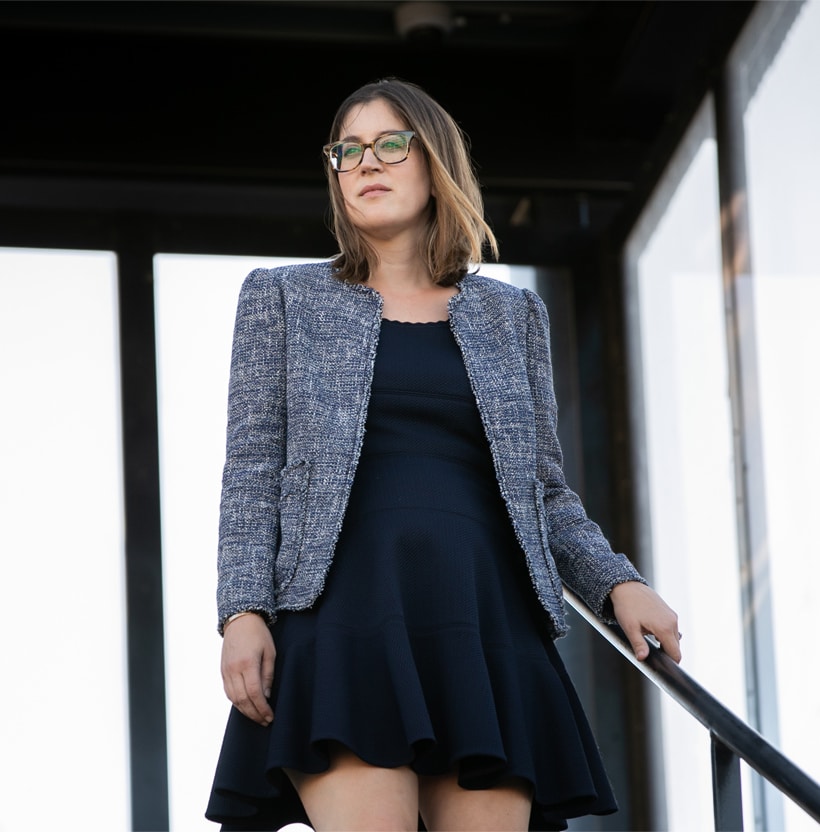Think back to a situation when you had one beer with co-workers for happy hour, had some wine with your dinner at a restaurant, or sipped a glass of champagne at a friend’s wedding reception. You may have figured it would be fine to drive yourself home because one drink wouldn’t put you over the legal BAC limit of .08%, and there was no way you would get pulled over and ticketed for drunk driving.
Unfortunately, police in Colorado (and around the country) can still pull you over or require you to stop at a DUI sobriety checkpoint even if you’re well under the legal limit. Drivers in Colorado can be charged with a DWAI (driving while ability is impaired) if their BAC is .05% or higher, which means that an average adult could be ticketed for having just one or two drinks.
If you are pulled over by the police, you should be polite and cooperative, but you should also understand what law enforcement officers can and cannot do under Colorado state laws.
What Police Can Do
Pull you over on probable cause. The police in Colorado can only pull you over if they have a reason to suspect you of drunk driving. In theory, that reason should be something like weaving in and out of a lane or failing to stop at a stop sign, but they can also pull you over for something as seemingly minor as going 5 mph under the speed limit or even having a broken brake light.
Make you take a chemical test. Colorado has an Express Consent law, which means that by driving a vehicle, you have expressed your consent to take a chemical test (breath, blood, or urine) if a police officer asks for one. In case you refuse, the police officer can immediately revoke your driver’s license and charge you with a DUI. However, you should know that the police officer needs probable cause before asking you to take one of the chemical tests.
Ask you to step out of your vehicle. It is permissible for a police officer to ask you to get out of your car if they believe you are intoxicated. You should comply with this request, but know that you do not have to take roadside sobriety tests.
What Police Can’t Do
Make you take a roadside sobriety test. As noted above, the police cannot require you to perform a roadside sobriety test, such as standing on one foot or walking in a straight line. Officers will sometimes ask a driver to perform one of these tests if they’re looking for sufficient evidence to warrant a chemical test, and they’ll almost always find the “evidence” they need, even if you believe you’ve done well. It is in your best interest to refuse these tests, even if you’re completely sober.
Make you answer questions. When you’re pulled over or stopped at a DUI checkpoint, an officer will most likely ask you something like, “Have you been drinking tonight?” You are not obligated to answer, and you should never say something that could be used as incriminating evidence, such as, “I just had a couple of drinks.”
Search your car. Unless the police have probable cause to believe you have something such as firearms or illegal drugs in your car, they don’t have permission to search your vehicle. They can look at your car from the outside, but they can’t open the doors or trunk to rifle through your belongings.
Knowing what the police can and cannot legally do can help you from incriminating yourself if you are pulled over for a DUI. After you’ve cooperated with the police (but politely refused to answer questions, take a roadside sobriety test, or have your car searched), you should contact an experienced DUI defense attorney to determine your next step.
About the Author:
Kimberly Diego is a criminal defense attorney in Denver practicing at The Law Office of Kimberly Diego. She obtained her undergraduate degree from Georgetown University and her law degree at the University of Colorado. She was named one of Super Lawyers’ “Rising Stars of 2012” and “Top 100 Trial Lawyers in Colorado” for 2012 and 2013 by The National Trial Lawyers. Both honors are limited to a small percentage of practicing attorneys in each state. She has also been recognized for her work in domestic violence cases.






